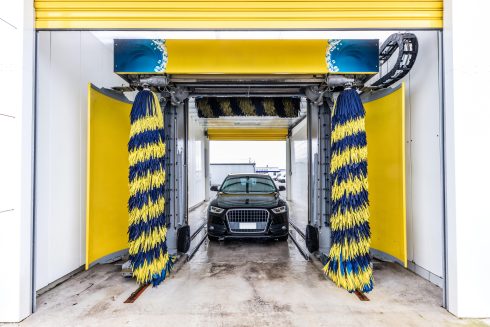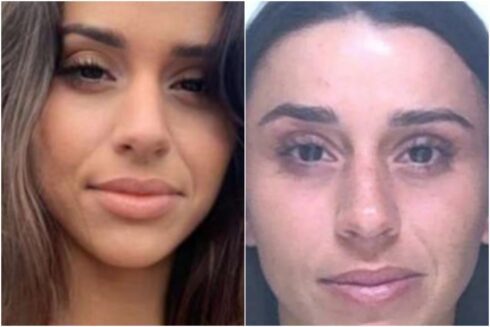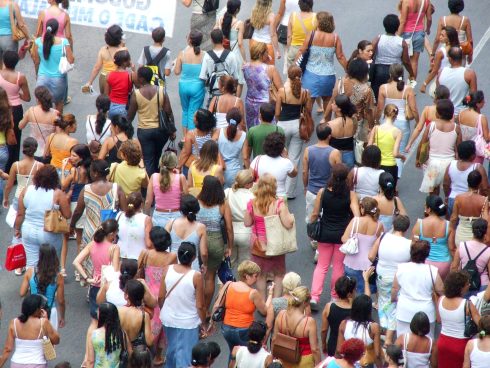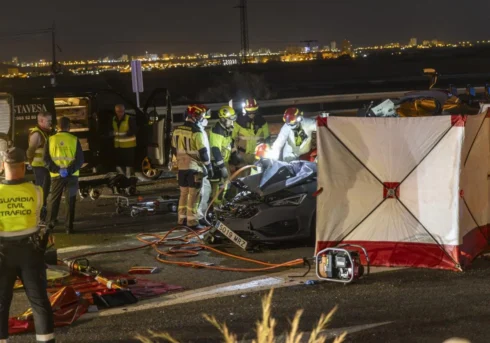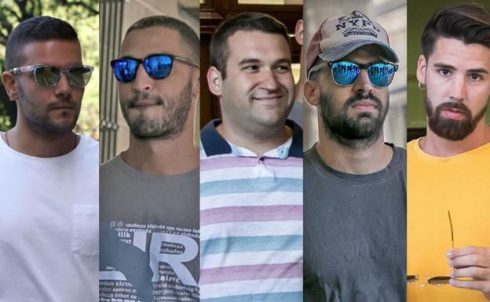A STAGGERING 75% of children in Spain have suffered exposure to sexual violence on the internet, according to research carried out by the Guardia Civil and the Mutua Foundation.
The most vulnerable age group appears to be youngsters aged between 13 and 15 years, with 30% of victims needing to see a psychologist.
The study spoke to 2,000 young people and 1,000 parents of children and adolescents in a representative sample across Spain.
READ MORE:
- Spain to ban porn for minors: Prime Minister Pedro Sanchez brands children’s access to explicit content online a “real epidemic”
- Cops in Spain arrest man who was grooming underage girls online
- Police in Spain’s Barcelona province arrest minor for allegedly using artificial intelligence to create child pornography
- Youngsters who distributed and downloaded child pornography arrested in Spain’s Madrid

The results show that up to three out of four minors have suffered cases of intimate sexual violence on the internet, chatrooms, forums or social media at some point.
The most frequent attacks- received by two-thirds of youngsters – are receiving images of sexual content without requesting it.
Other abuses include harassment in the form of insistent messaging to meet or seek an intimate relationship; being a victim of unwanted sexual comments; and accessing pornographic content without planning to.
40% of youngsters spoken to said they ‘suffered’ as a result of getting such material.
Other more serious examples of aggression- though less frequent- are even more harmful.
They are instances which seriously violate the privacy and image of children and often lead them to an extreme situation.
They include pressure to send sexual content to a third party, espionage or digital control of a partner or ex-partner, as well as blackmail over sexual content and the creation of bogus sex images manipulated by artificial intelligence tools.
The research says early adolescents aged between 13 and 15 suffer the most ad have the less ability to deal with predators.
There are more victims among girls in less serious attacks, but when sexual aggression is more harmful, boys and girls suffer those equally.
A digital aggressor in 52% of instances is a real-life acquaintance, a friend, partner or ex-partner, colleagues, a family member or other close friend.
However, 13% of attackers only know about surfing the web and almost another 20% are unknown, with authorities believing the last two groups are among the most dangerous, with 17% of them being adult attackers/ paedophiles.
A major conclusion of the study is that in a third of cases, children do not tell anyone, not even their friends, what happened.
Three out of four never told their parents (despite the fact that 75% of those who did, found them supportive).
Most young victims remain silent out of shame, lack of confidence or fear of reprimands, but 31% do so because they do not consider it a serious enough event to tell.
It’s that kind of reluctance to report that means that only 20% of victims make a report to the Guardia Civil and tend to be in the most serious of case
The Guardia advises parents to educate their children from a young age in the responsible use of computer and phone screens.
They should make it a habit to chat about what platforms they use, who they contact and if they do so with strangers, to always use parental controls (including a time limit) and to go immediately to the police in the event of any aggression.


